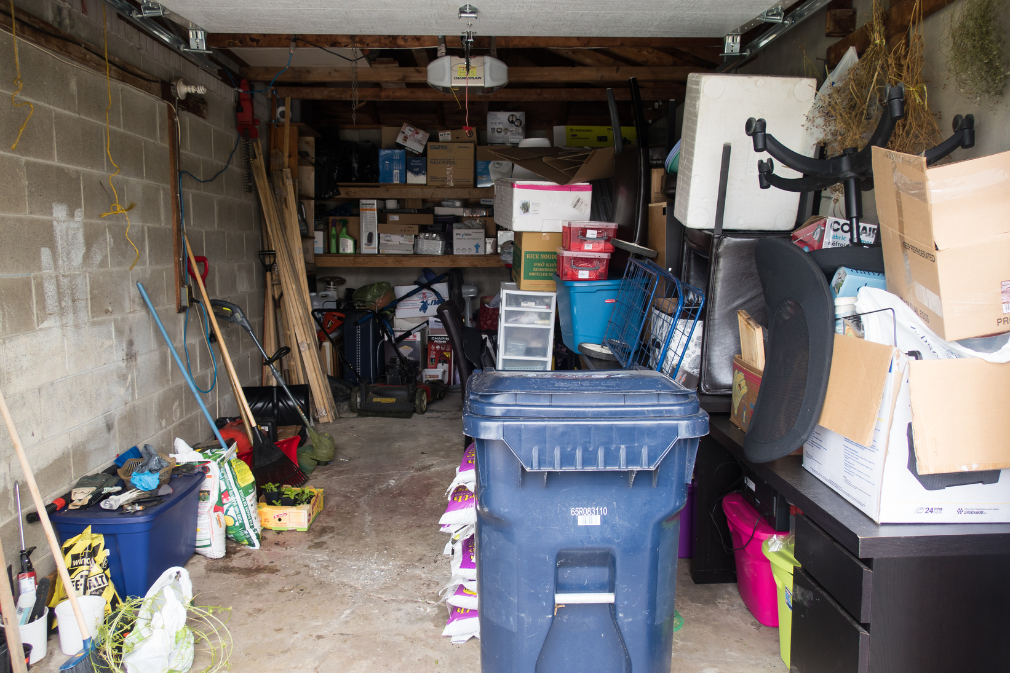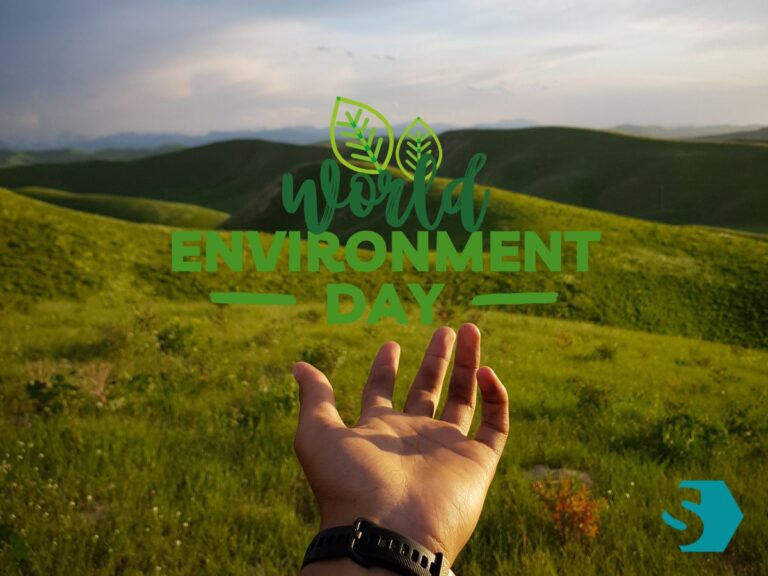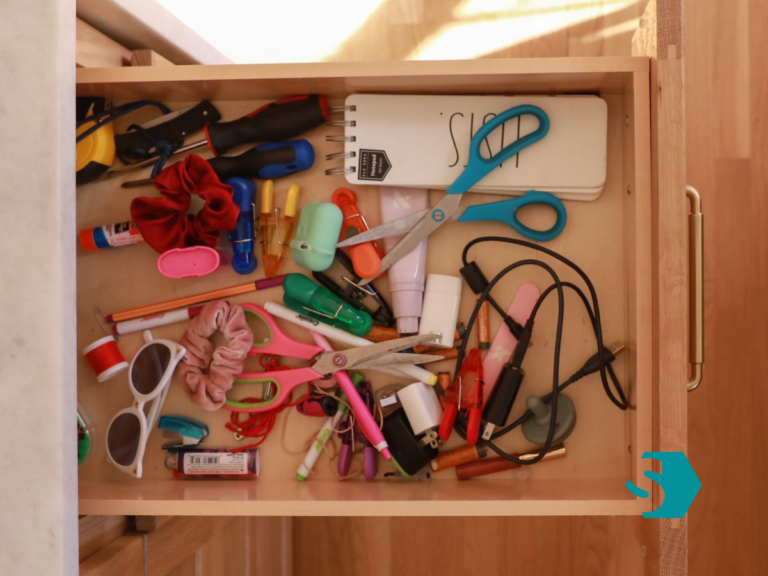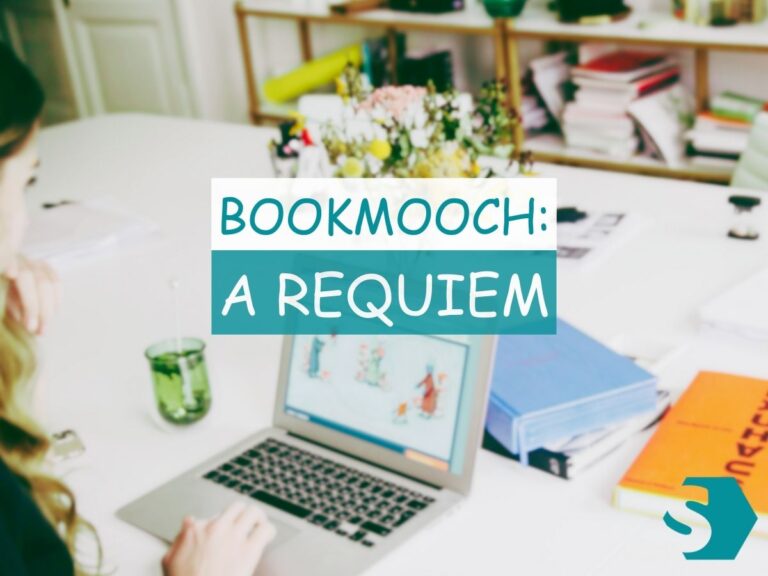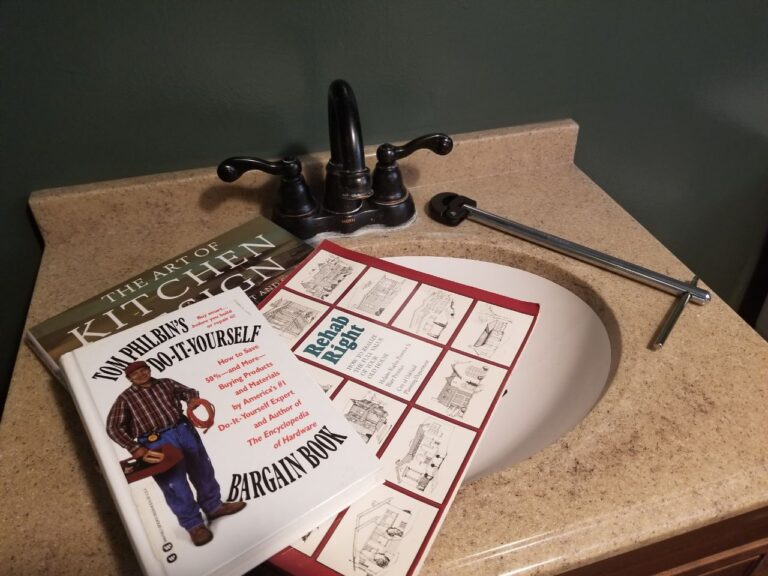“Freedom is hiding under the clutter.” Terri Guillemets
We drown in a sea of clutter.
As recently as 2021, American households were estimated to have over $500 BILLION of unused stuff in their homes (and garages, and attics, and basements, and storage lockers, and …). Not only is this an incredible waste of money (estimated at over $4,500 per household), it’s also a sobering waste of space and natural resources.
Even more harmful are the psychological effects of clutter. Recent studies have shown that people living in self-described cluttered environments have higher levels of cortisol (a stress hormone) than those with tidy homes. And that living in a cluttered space may contribute to depression and poor sleep.
So you can improve your living space, AND your mind space, by decluttering! But where to start?
Most people’s first thought is, “What will I do with all the stuff when I’m finished decluttering?” But that’s more obstructive than productive—it’s worrying about an uncertain outcome that might just delay the decluttering process. Before anything else, you should ask yourself some questions.
- WHO should be part of the decluttering project?
If you live alone, this is an easy question, because you are most likely the source of the clutter problem, and will therefore be responsible for the solution.
But it’s more complicated if you share space with others. (Kinda like dieting, it’s hard—but not impossible—to maintain if you’re the only one on the diet.) With multiple people involved, you have to navigate your differing feelings on clutter with sensitivity and diplomacy.
Suggestion: Have an honest and civil conversation with those who share your living space. Discover how you each feel about the stuff in your lives, and come to an agreement on what, if anything, should be done if some of you are uncomfortable with the current situation. - WHY am I decluttering?
There can be many different motivations for wanting to declutter. Some people function better in a neater and better organized environment. Others want to adopt a more minimalist lifestyle and keep only the essentials around them. Some become aware of the financial and environmental implications of holding onto unused things, and want to become better stewards.
All of these motivations are valid—none is more important or noble than the other. But if you have a clearer idea of your own motivation(s), you will create a firmer foundation for making a decision when you ask yourself, “Do I want to keep this popsicle-stick art piece I made in the third grade?” - WHAT do I consider clutter?
One person’s clutter is another’s treasure. My wife is a voracious reader, and while she is getting better at passing along finished books, she has a mountain of books yet to be read. I have a garage and work bench piled with mostly unused home improvement tools and supplies—partly because I no longer have the time, but honestly more because home improvement projects really don’t interest me, and I’m not very good at it.
But your definition of clutter will be different, and that is 100% okay. - HOW do I sift through everything and decide what’s important to me and what I can do without?
Again, this is very personal and dependent on your answers to the questions above. For my wife’s books, for example, the solution is not to get rid of the books she wants to read, but rather to develop a better storage and organization scheme so she can find what she wants to read when she wants it.
For me, the Once and Nevermore Home Improvement Guy, the solution is to decide exactly which home improvement activities I should be involved in (pretty much just ongoing and simple maintenance tasks; definitely NOT building a garden shed or renovating a bathroom), determine what tools and supplies would be needed for those tasks, and sift through everything with that in mind. For everything else, there are very competent contractors who bring their own tools and supplies with them. - WHEN should I start?
Now—today!—is the best answer. Even if you just sit down and answer the questions above, perhaps even make a short list of the areas or types of clutter in your living space that bother you most, you will have made some progress. And then you can move on to deciding what you will tackle first. But doing nothing, procrastinating, means only that you will have to deal with the physical and psychological effects of being cluttered for a day longer than necessary.
Once you work yourself through those five questions, then you arrive at the WHERE? Where will you relocate all the things you decide you no longer need in your life? There are five basic options, each with its own pros and cons. Let’s explore each one, prioritized in order of what is most beneficial to YOU:
- SHARE: You have family. You have friends. You have neighbors. You have classmates or coworkers or rugby teammates. There is a very good chance that something you no longer want could be useful to the people you care most for. Giving those people first crack at the castoffs from your decluttering project would make all of you feel better. You can offer things for free, or (for some things) ask for something in exchange. But letting those close to you benefit first from your newfound simplicity will create lots of good karma. It’s a smart “feel good” move.
- SELL: Some things you no longer want have real value, sometimes enough to justify the time and effort it takes to move them along in exchange for cash or some other kind of compensation. You still get the benefit of removing the unwanted item from your life and space (and keeping it out of the landfill), but the additional benefit of receiving value you can exchange for something else you might want.
- DONATE: For some things, the easiest solution is to carry them off to a charity that will resell them and use the proceeds for some admirable purpose (e.g, job training, mental health services). For nothing more than the cost of your time, you might even get a tax deduction, the items again stay out of the landfill, and someone else gets to enjoy them at a very low price. Everyone wins.
- RECYCLE: Paper, metal, and plastic items can very often be recycled and turned into new raw materials to be used for creating new products. While there are questions being raised about the energy necessary to convert old into new (and about how much of what you put in the recycling bin actually ends up in the recycling process), this remains a better option than discarding.
- DISCARD: The easiest solution, perhaps, for those who don’t want to spend the time on any of the options above. But unfortunately permanent—once something is in a landfill, it’s there forever.
Here at Swampum, we are building a platform that allows people to declutter their lives (and minds!) while sharing with friends and neighbors and perhaps extracting some value from their unwanted items. We’d love to have you join us!

